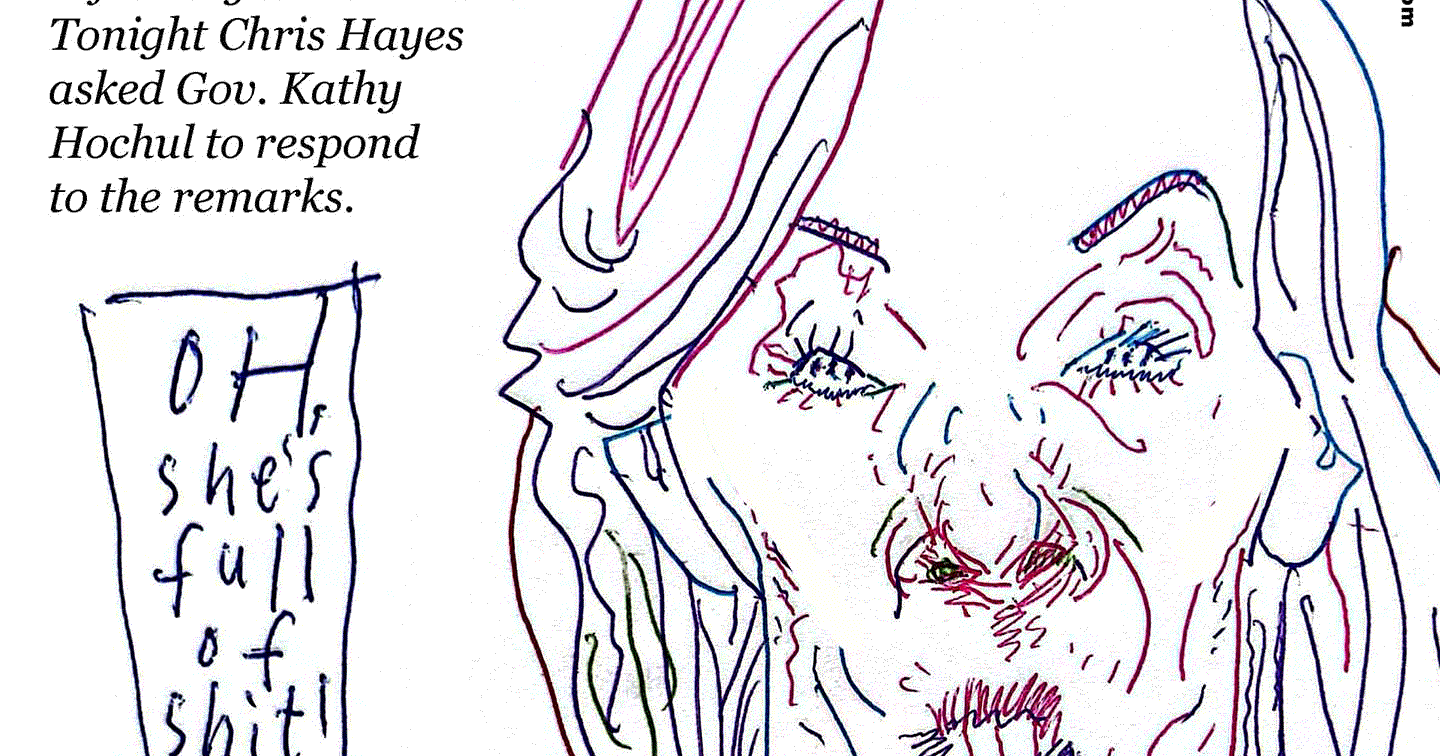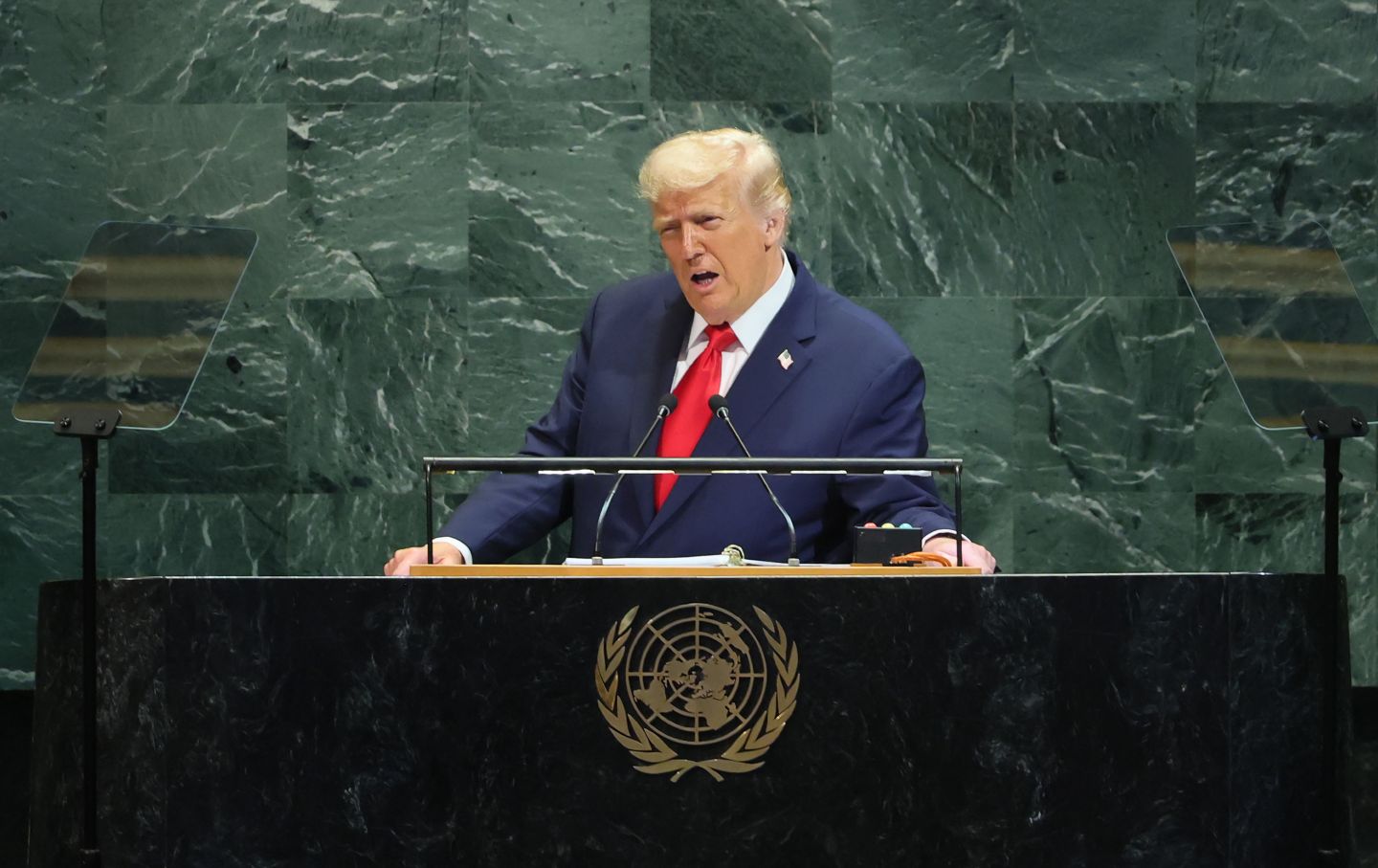[ad_1]
Threads has officially rolled out the capacity to control who can quote your posts in the app, providing another level of control over your in-app experience.

As you can see in this example, now, in the options menu for each individual Threads post (the three dots menu at the top right), there’s a new “Who can reply and quote” option in the listing. Tap on that and you can then limit who’s able to quote your posts, with “Anyone,” “Profiles you follow” or “Mentioned only” being your three options.
Which is a step further than X (formerly Twitter), which enables users to limit who can reply, but not who can quote a post. And that could be a powerful disincentive for negativity, and “dunk posts” in the app, putting more control in the hands of each individual user.
Threads chief Adam Mosseri announced the update heading into last weekend, noting that:
“I hope this will help keep Threads a more positive place and give people more control over their experience.”
Some users have had access to an early version of this for a few weeks, so it may not be entirely new. But now, it’s available to everyone, adding to the growing variety of control options that Threads is building into its UI.
Which also includes:
These tools provide more capacity for users to control their in-app experience, and given that social media users are now much more attuned to their various options on this front, it’s good to see the Threads team making these tools a priority, helping to protect users, in various ways.
Indeed, over time, more and more social media conversations have been moving out of public spaces, and into private chats, as people look to get away from the angst and scrutiny that can come in their main feeds. As such, the ability to control who can engage with your posts is an important consideration, and as Mosseri notes, it also aligns with Meta’s broader mission to make Threads a more positive experience.
It’s another good step, which could eventually see Threads become the conversation app of choice, as X seeks to lean further into divisive arguments.
[ad_2]
Original Source Link

































































